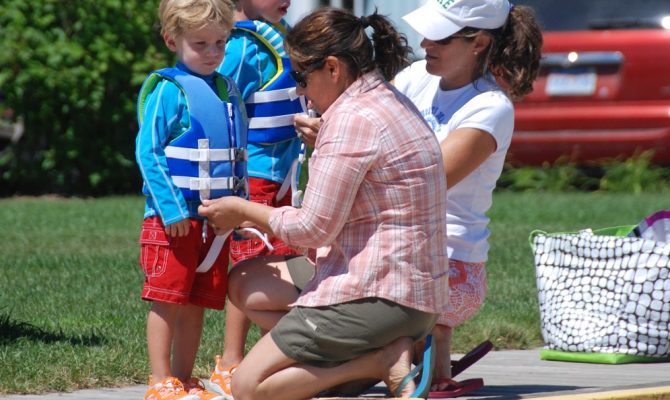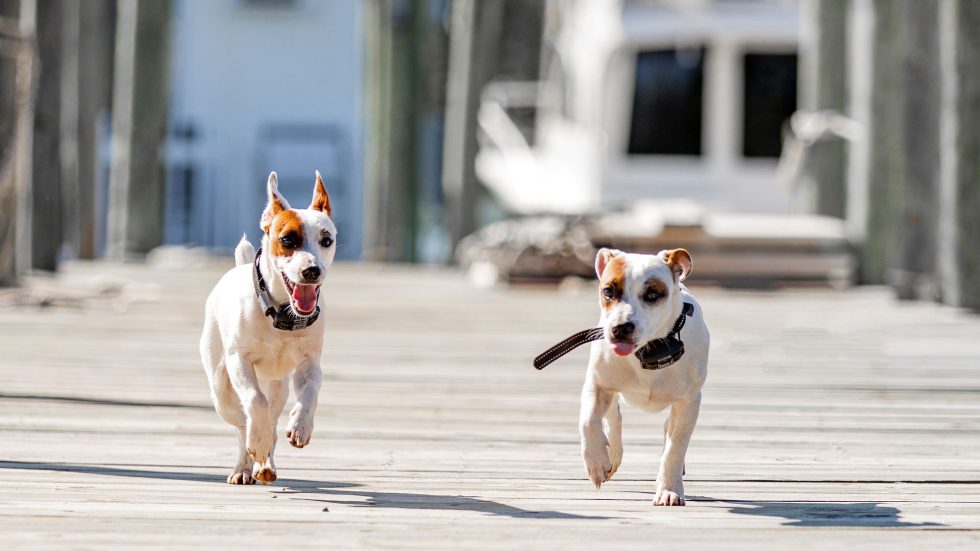We know to wait dockside until invited aboard, and then to ask where we should sit or how we might assist in getting the boat under way. We know not to overburden our host with excessive gear and indulgences, and to stay out of the way until the boat is clear of the dock and other vessels. We ask where we are permitted to be — and where it is preferred we not be — during the course of the cruise.
However, not all guests invited aboard can be expected to have such depth of experience. If you are in the company of fellow guests who you suspect may not have had much deck time, consider offering some friendly advice in a casual manner.
Playing Host
When serving as host aboard your own boat, you can make it easier on all if you offer information in advance. Letting guests know how long you intend to be out on the water, where you plan to go and what to expect conditions-wise is always welcome information. Letting it be known if it’s an alcohol-, kid- or pet-free cruise may also save some face for guests who might assume otherwise.
You can also let guests know what they are welcome, or expected, to supply — whether that be lunch, drinks or special gear. For example, if fishing is an option and you are equipped to do so, you might consider letting everyone know that you will supply the tackle. That may prevent guests from bringing all manner of rods and reels aboard, which you will have to stow. Of course, if you don’t have the gear needed to partake in a particular activity, let guests know that, too, and whether they should bring their own. If stowage space is at a premium, announce it in advance and hope your guests weigh that when gearing up for the outing.
When guests arrive, it’s always good to go over the basic courtesies. Let them know they will be invited to step board once it is safe and assistance is available to do so. Once aboard, if the boat is so-equipped, you should let everyone know where the head is located and offer to explain how to operate it. Same with the VHF radio. Point out where the life vests, signaling gear and fire extinguishers are located, and encourage everyone to don a PFD.
Let guests know where they may comfortably sit or stand while the boat is under way, docking, and being anchored or rafted up (as necessary). If certain areas or activities are off limits, let that information be known up front.
Finally, before getting under way, ask if there are any questions and let everyone know you expect it to be a great day on the water.
Temper, Temper
Bear in mind that if you have novice boaters aboard, they may take some time to get their sea legs and may lose a cap to the breeze — or their lunch to the motion. (But hopefully not.) You may need to temper your actions, and those of your boat, compared to how you cruise with experienced boaters aboard. To keep the trip enjoyable for all, it’s always wise to adjust the pace and time afloat to match that tolerable by the least experienced boater aboard. To do otherwise risks a bad trip for all.
From the time everyone boards your boat until they step back on the dock, their safety and enjoyment is in your hands. It’s a keen responsibility, and one not to be taken lightly.
[author] [author_info]Dan Armitage is a regular contributor to HeartLand Boating magazine.[/author_info] [/author]



